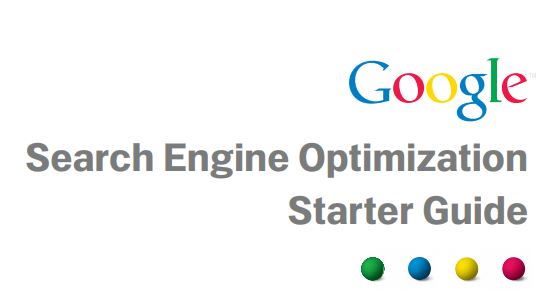SEO basics are critical to long-term success.
In fact, just a few of the right moves consistently in SEO and you’re going to be ranking well. Here are some amazing resources to learn the basics of SEO.
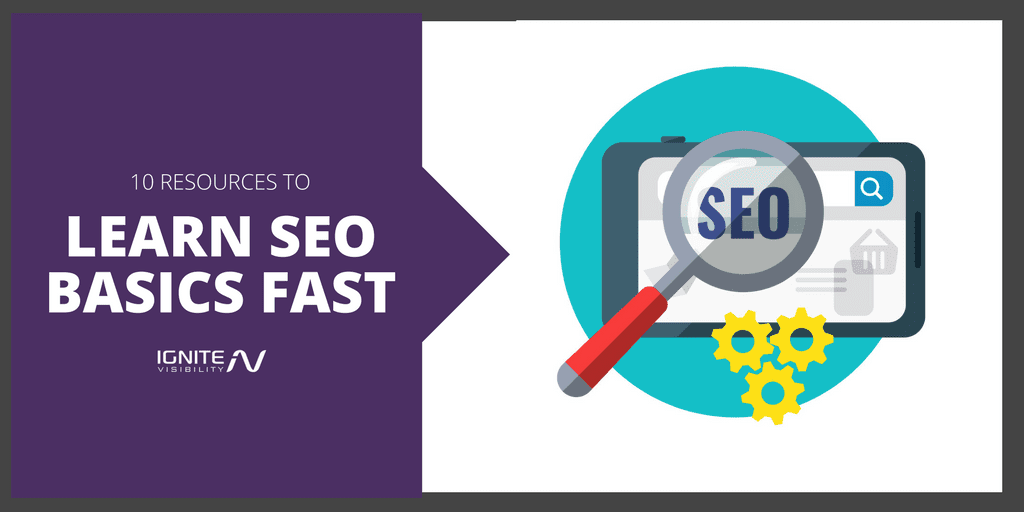
10 Resources to Learn SEO Basics Fast
In this article, we’ll go over 9 amazing resources that will help you learn SEO basics even if you’re in a hurry.
-
The Ignite Visibility SEO Basics Starter Guide
Of course, we’ll begin with a shameless plug: The Ignite Visibility SEO Starter Guide.
The guide is intended for SEO newbies. It covers the basics but also delves into more advanced topics.
Specifically, the guide covers the following subjects:
- SEO basics
- Keywords
- Site structure
- URL structure
- Meta tags
- Website navigation
- Anchor text
- Header tags
- Robots.txt
- Mobile usability
- Content
- Sitemaps
- Tools
For each section, there’s also a whiteboard video that you can watch for further insight.
Additionally, the tutorial is packed with illustrations that give you a clearer understanding of each topic.
If you’re an SEO greenhorn and you haven’t even started learning one thing about the subject yet, the Ignite Visibility SEO Starter Guide is a great place to start.
-
48 SEO Basics Training Videos
Another shameless plug: our SEO Training Videos
Sometimes you can learn more from a video than you can by reading a 4,000-word article. That’s because a video usually uses a more conversational tone. It’s easier to follow.
The Ignite Visibility training videos cover a wide variety of subjects that will interest SEO novices and professionals alike. Here are a few that you should watch first if you’re new to digital marketing:
- How Long Does SEO Take – gives the honest (and not necessarily popular) answer about how long it takes to rank a website in the search engine results pages (SERPs)
- How to Do Keyword Research – how to find keywords relevant to your niche that will bring visitors flocking to your website
- What Is a 404 Error? – explores the infamous HTTP error code that could cause ranking problems
- Specifically How to Do Internal Linking – covers one of the most overlooked aspects of SEO: linking to your own content from within your site
- SEO vs. SEM – explains the difference between search engine optimization (SEO) and search engine marketing (SEM)
- How to Diagnose a Drop in Website Traffic Fast – the video you need to watch when your website rankings inexplicably drop
- How to Rank #0 in Google Results – explains how you can land a spot in the much-coveted featured snippet (sometimes called Rank 0)
- Ranking in Bing vs. Google – offers some helpful pointers on how to rank in the other search engine results list
-
The Moz Beginners Guide to SEO Basics
Moz is a fixture in the history of SEO. It’s unsurprising, then, that the company published a guide to SEO basics.
The guide is ideal for all beginners. It’s broken down into 10 chapters:
- How Search Engines Operate
- How People Interact With Search Engines
- Why Search Engine Marketing is Necessary
- The Basics of Search Engine Design and Development
- Keyword Research
- How Usability, Experience,and Content Affect Rankings
- Growing Popularity and Links
- Search Engine Tools and Services
- Myths and Misconceptions About Search Engines
- Measuring and Tracking Success
Of those, you should pay particular attention to Chapter 6 (“How Usability, Experience, and Content Affect Rankings”). That’s because Google seems to be moving in a “content is king” direction.
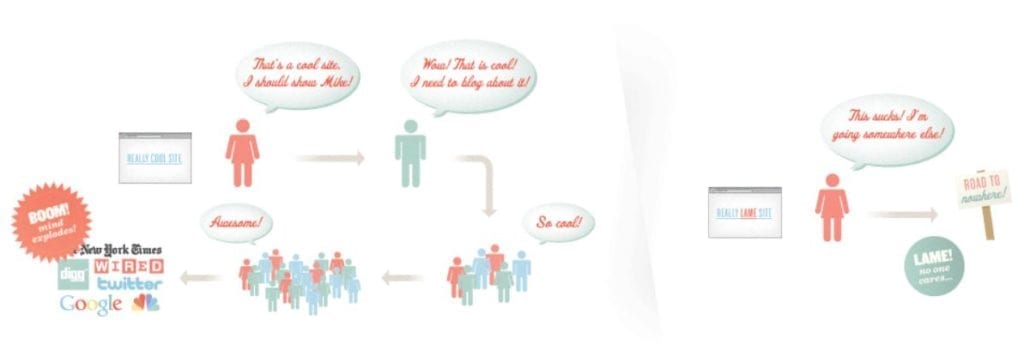
Moz’s Beginners Guide to SEO Basics explains how usability, user experience, and content affect search rankings.
Although it’s still a great idea to grab some backlinks (especially from high profile sites), the Big G seems to give preferential treatment to content that’s loaded with easy to read, relevant info.
Along those lines, the Moz guide to SEO basics is the result you’ll see in the featured snippet if you Google “SEO guide.” So you know that Google considers it a great tutorial.
-
Learn the Rules of SEO Basics With Google’s Search Engine Optimization Starter Guide
Believe it or not, Google ranks the Moz guide to SEO above its own starter guide in the SERPs. Maybe that’s because the Google guide is in PDF format.
Don’t let the format fool you, though. Google’s tutorial is a great starting point because it’s produced by the ultimate authority in SEO.
Even better: the guide will tell you how to play by the rules.
That’s important because if you violate those rules, you could end up losing rank. If you’re particularly naughty, your site might even get delisted.
When your site gets delisted, nobody finds it in the search results.
That’s obviously not what you want. So pay attention to the advice in Google’s guide to SEO basics and avoid getting burned.
-
Search Engine Land’s Guide to SEO is a Great Starting Point for SEO Basics
Search Engine Land is another well-respected name in the SEO community. You should bookmark the site if you take digital marketing seriously.
Why? Because it will keep you informed about changes to SEO best-practices.
Beyond that, Search Engine Land also has its own guide to SEO. It’s another great starting point if you’re looking for a quick read on the basics.
The guide is broken down into 9 chapters:
- Types of Search Engine Success Factors
- Content and Search Engine Success Factors
- Site Architecture and Search Engine Success Factors
- HTML Code and Search Engine Success Factors
- Trust, Authority, Identity, and Search Rankings
- Link Building and Ranking in Search Engines
- Personalization and Search Engine Rankings
- Social Media and Rankings in Search Results
- Violations and Search Engine Spam Penalties
Some of those chapters are very short. That’s why the Search Engine Land guide is a great go-to option if you’re looking for a crash course in your copious free time.
-
Master Beginner’s SEO Basics With The Kissmetrics Guide
Kissmetrics offers an online marketing service that enables businesses to get, keep, and grow more customers. The company promotes its brand with a lot of content marketing with articles that are helpful to digital strategists.
One of those articles is the beginner’s guide to SEO. Unlike some of the other resources we’ve looked at, it’s a single page document so you won’t have to do a whole lot of clicking to read the whole thing.
The guide begins with a bit of a plot twist by telling you that there’s some traffic you don’t want on your website.
Why? Because you want to attract people who are likely customers. Visitors who aren’t part of your target market probably won’t make any purchases.
From there, the guide explains how you can rank your site so that it appeals to the right kind of audience.
The Kissmetrics tutorial is also a quick read. You can probably get through the whole thing in 15-20 minutes.
-
Buffer’s Complete Beginner’s Guide to SEO
Another great resource that covers SEO basics is Buffer’s Complete Beginner’s Guide to SEO.
Buffer offers an online service that enables you to schedule your social media posts. That way, you don’t flood your followers’ timelines with a whole bunch of content at once.
Unlike some of the other guides, the Buffer tutorial goes into the technology behind search ranking. It explains in some detail how Google determines where to rank a web page for a keyword.
Beyond that, the guide also offers actionable advice about how to rank a website. Additionally, it also lists a few other SEO guides that you might be interested in reading.
According to Buffer, the tutorial takes about 7 minutes to read.
-
Brian Dean’s Definitive Guide to SEO
Brian Dean is another famous name in digital marketing circles. He’s also written a comprehensive guide to SEO for beginners.
As of this writing, the guide is entitled “The Definitive Guide to SEO in 2018.” By this time next year, though, it will probably be called “The Definitive Guide to SEO in 2019.”
Brian Dean is a clever marketer.
The tutorial is broken down into 7 chapters plus a bonus section:
- RankBrain and User Experience Signals
- Become a CTR Jedi
- Comprehensive, In-Depth Content Wins
- Get Ready for Google’s Mobile-First Index
- Go All-In With Video (Or Get Left Behind)
- Pay Attention to Voice Search
- Don’t Forget: Content and Links Are Key
- Quick Tips for SEO
As you can see, Dean likes to cover subjects that some of the guides just gloss over or neglect completely. That’s one of the reasons that his tutorial is among the finest.
By way of example, the first chapter explains RankBrain. That’s Google’s machine-learning algorithm that helps determine where pages rank for various search terms. It’s important to understand RankBrain if you’re going to be successful with SEO.
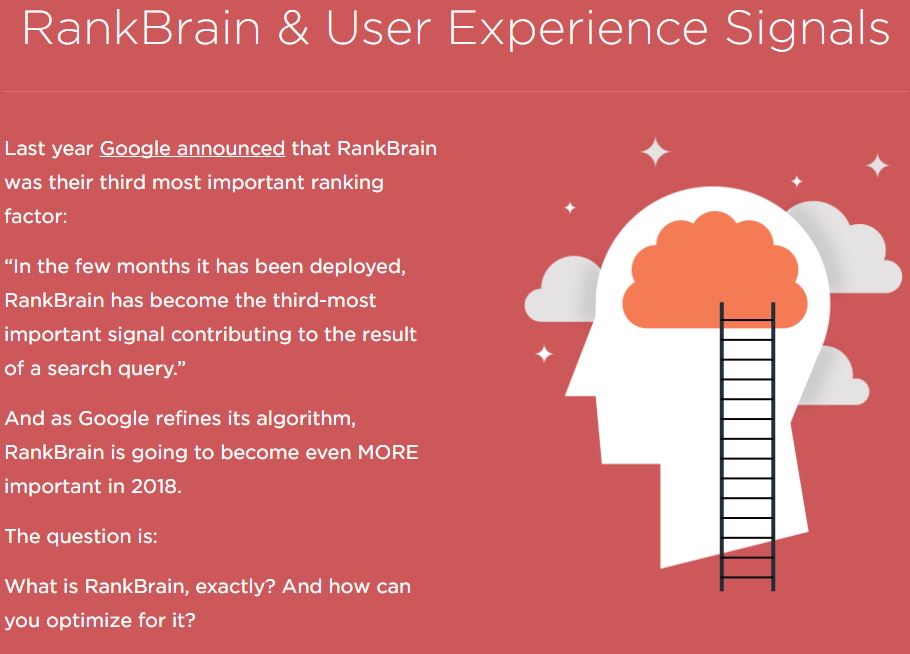
Understanding RankBrain is an important part of mastering SEO basics
The guide also covers the mobile-first index. That’s Google’s way of crawling web pages as a mobile user agent instead of a desktop agent. With the mobile-first index, your website can lose rank if it isn’t optimized for mobile platforms.
As of this writing, Google is in the process of rolling out the mobile-first index. Google hasn’t specified an end date for the rollout.
Another important subject that Dean covers: voice search. It’s likely that voice search is the wave of the future as people use devices like Alexa instead of keyboards or keypads to get answers to questions.
-
Ultimate WordPress SEO Guide for Beginners
The last guide is a little more specialized. It’s intended for people who run a website using WordPress.
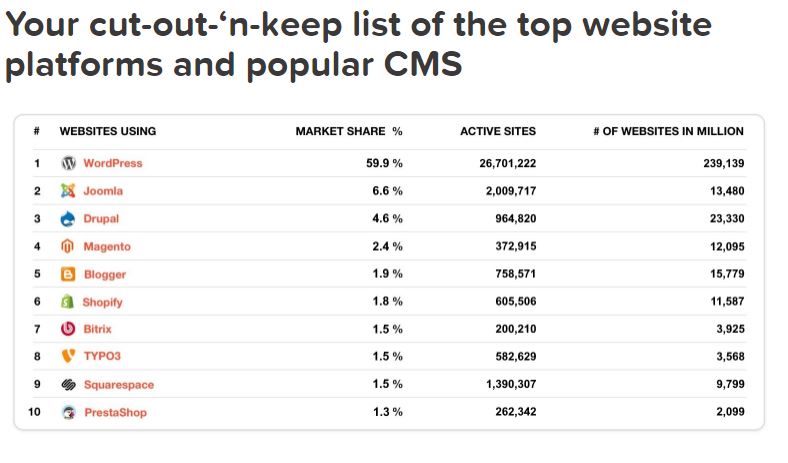
Learning SEO basics for WordPress may be extremely valuable since it is the most popular CMS.
Since WordPress is by far the most popular content management system (CMS), it’s likely that you’re planning on moving in that direction with your own site. In that case, you’ll find the Ultimate WordPress SEO Guide for Beginners extremely valuable.
The tutorial begins with familiar subjects: the definition of SEO and why it’s important.
After that, it goes into WordPress-specific territory. Here are a few of the important subjects it covers:
- How to check your site’s visibility settings
- How to optimize URLs
- How to optimize your content with categories and tags
- How to optimize comments
- How to optimize site speed (an important ranking factor)
- How to use SSL/HTTPS
The tutorial also covers a variety of tools and additional resources that will enable you to take your SEO to the next level.
You can probably get through the whole thing in about 20-25 minutes. It’s also hyperlinked so that you can easily jump around from topic to topic.
SEO Basics FAQ
1. Which SEO Basics Are Most Important?
Here are the SEO basics that should move to the top of your priority list:
- Backlinks – Publish content that’s so unique and valuable that people link to it from their own websites.
- Content – Write keyword-rich, long form content so it ranks well in the search engines. Use images and, if possible, embed related videos as well.
- Headlines – Include keywords in your headlines. Also put some clickbait in headlines so people are more likely to click on your links in the search engine results pages (SERPs).
- Meta descriptions – Add some clickbait to your description as well. Remember, sometimes Google will display the meta description below the title in the search results.
- User experience – Make sure your website loads quickly. Use large font sizes so people don’t have trouble reading your content. Give users a pleasant experience with an easy-to-navigate front-end.
- Mobile experience – Ensure that your website looks great on mobile platforms in addition to desktops and laptops. Google’s algorithm will take that into account when determining rank.
2. Which of the SEO Basics Is Easiest to Learn?
Unfortunately, there’s a learning curve involved in all of the SEO basics.
SEO is a complex, multifaceted discipline. You won’t master it overnight.
But you do have to start somewhere. It’s probably best to first learn how to write compelling headlines. That’s because good headlines are often formula based. Just find a great headline on another website that’s attracting clicks and adapt it to your own content.
After that, you’ll need to learn how to produce content that resonates with your target audience. Start by reading a few good books about writing.
From there, you can move on to the more technical aspects of SEO.
3. Will These SEO Basics Always Stay the Same?
No.
The SEO basics of today might be outdated SEO practices tomorrow.
It’s been said that the only constant is change. That’s more true of SEO than anything else.
That’s why we go over this guide every now and then and update it to make sure it’s still relevant.
So once you’ve mastered the basics of SEO, you need to keep learning. Otherwise, you might miss out on the latest best-practices and lose market share.
Wrapping Up SEO Basics
It’s not difficult to understand SEO basics. Just invest a little bit of time into going through one or two of the guides listed here. Afterwards, your knowledge will quickly grow with experience. Soon, you’ll become an SEO expert.
